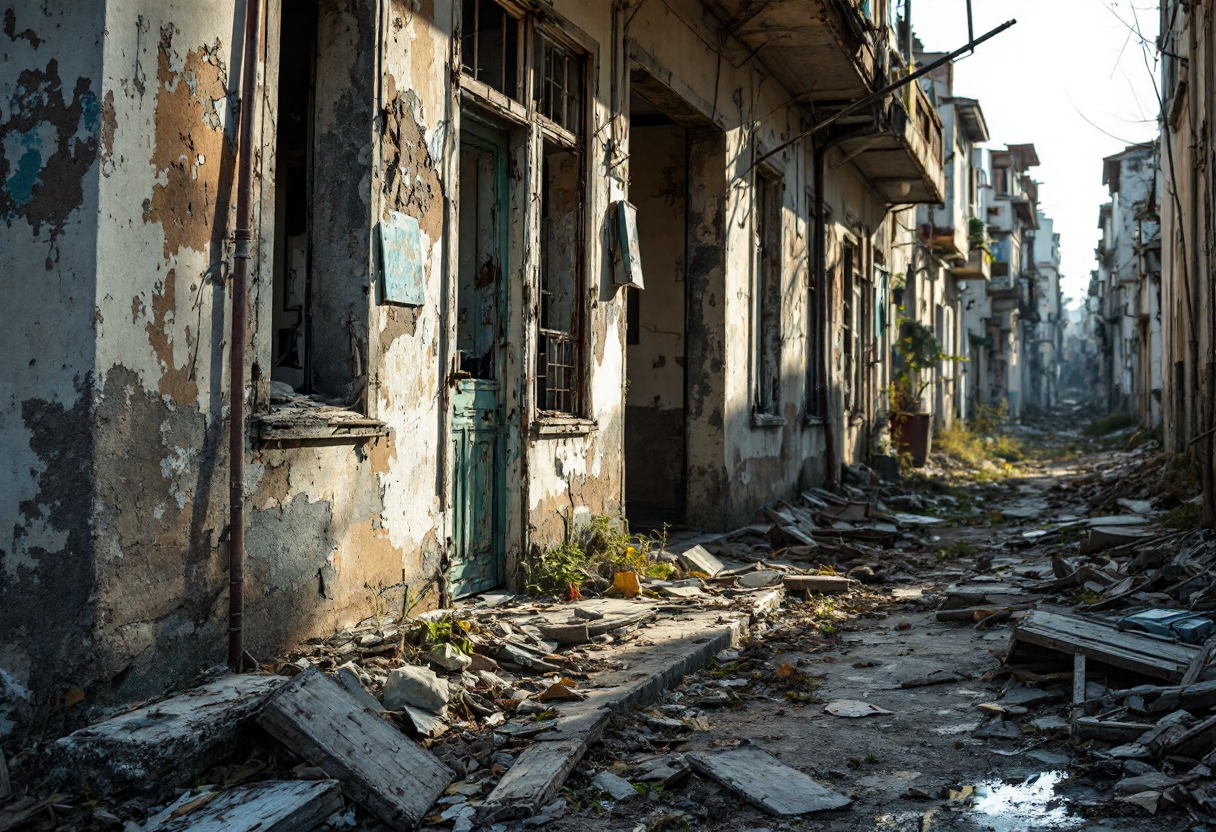Table of Contents
The aftermath of the Syrian civil war has left a complex and precarious situation in its wake. With the regime of Bashar al-Assad crumbling after over a decade of conflict, the international community is left grappling with the potential consequences of his extensive chemical weapons stockpile.
As the dust settles, the question remains: what happens to these dangerous materials, and who might gain access to them?
Understanding the chemical weapons legacy
Since the onset of the Syrian civil war, the Assad regime has been accused of using chemical weapons against its own people, leading to widespread condemnation and international intervention.
The Organization for the Prohibition of Chemical Weapons (OPCW) has been monitoring the situation closely, expressing concerns about the completeness of Syria’s declarations regarding its chemical arsenal. Despite Syria’s commitment to destroy over 1,300 tons of chemical warfare materials, significant amounts remain unaccounted for, raising alarms about their potential proliferation.
The risks of chemical weapons falling into the wrong hands
As various factions vie for control in the region, fears are mounting that chemical weapons could fall into the hands of extremist groups, including ISIS. The implications of such a scenario are dire, with experts warning that the use of these weapons by terrorist organizations could lead to catastrophic consequences not just in Syria, but globally.
The U.S. and its allies are urged to take decisive action to prevent this from happening, with calls for targeted strikes on remaining chemical weapons facilities.
International responses and the role of rebel groups
In the midst of this chaos, rebel groups like Hayat Tahrir al-Sham (HTS) have emerged, claiming to prioritize the security of chemical weapons sites.
However, skepticism remains regarding their intentions, given their past affiliations with extremist organizations. The international community must navigate these complex dynamics carefully, balancing the need for security with the realities on the ground. As the situation evolves, the potential for collaboration between nations like the U.S.
and Israel becomes increasingly critical in addressing the chemical weapons threat.
In conclusion, the legacy of chemical weapons in Syria poses a significant challenge for the international community. As the region continues to change, proactive measures must be taken to ensure that these dangerous materials do not end up in the hands of those who would use them against innocent civilians. The stakes are high, and the world is watching closely.




